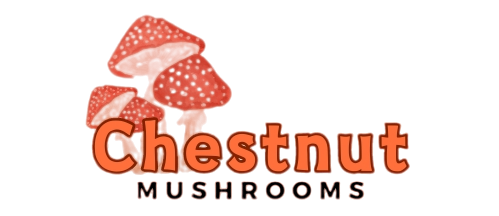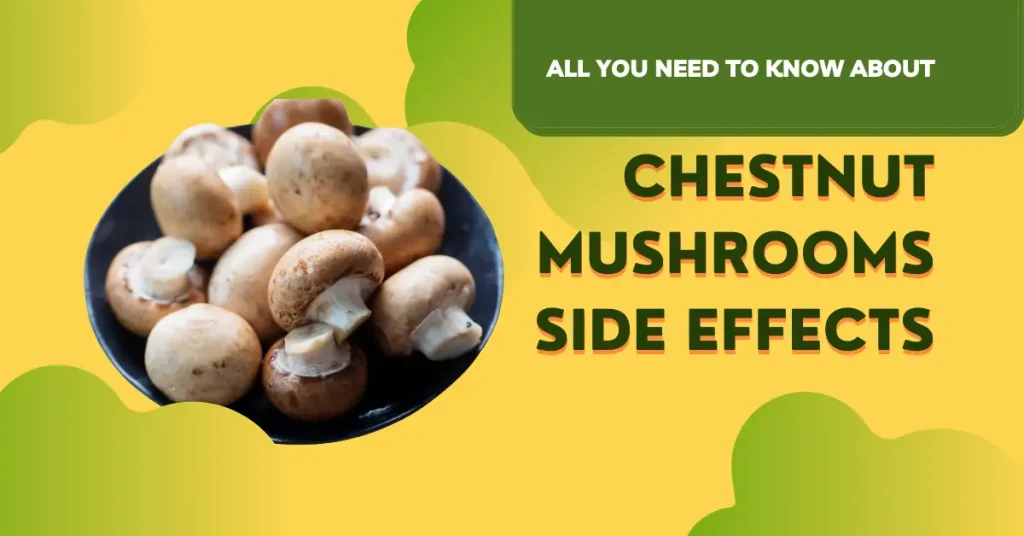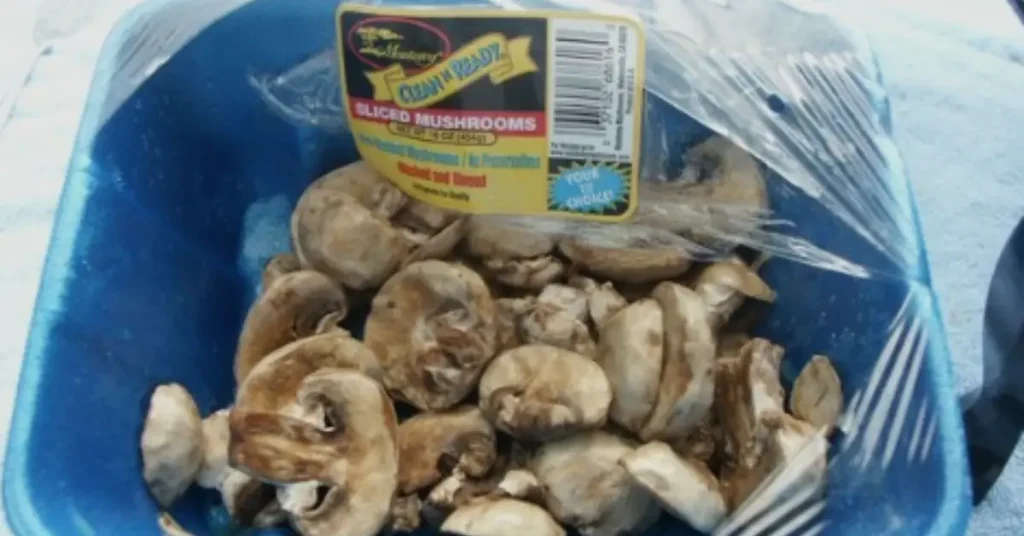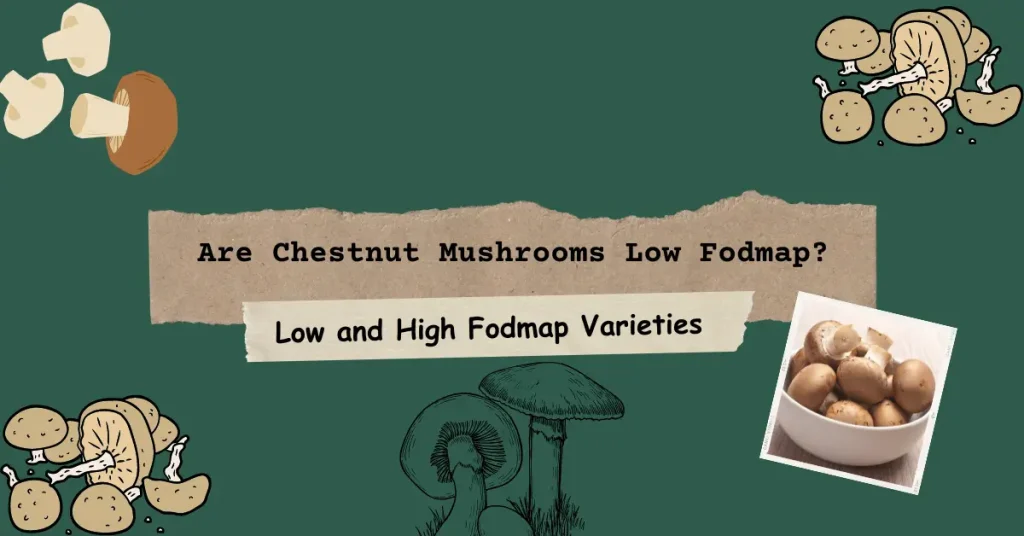Can Pregnant Women Eat Chestnut Mushrooms?

When women are pregnant, they care about what they eat. They want foods that not only provide essential nutrients to them but are also safe for their growing baby. Among the many considerations, consuming mushrooms, such as chestnut mushrooms, may raise the question, ‘’Can Pregnant Women Eat Chestnut Mushrooms?
The answer is Yes, pregnant women can eat chestnut mushrooms.
Chestnut mushrooms are also known as brown mushrooms. They are a popular variety of edible mushrooms known for their nutty flavor and versatile culinary uses. They are safe and packed with nutrients that benefit both mother and baby so that pregnant women can enjoy them as part of their diet.
So, let’s find out the nutritional benefits and concerns of pregnant women about chestnut mushrooms.
Nutritional Significance of Chestnut Mushrooms for Pregnant Women

When you’re pregnant, every bite counts. You’re eating for your health and the tiny life growing inside you. That’s why incorporating nutrient-dense foods, like chestnut mushrooms, is vital.
Chestnut mushrooms are a nutritious choice for pregnant women due to their protein, folate, vitamins, and minerals. These nutrients are essential for fetal growth and maternal health.
Protein is vital for building and repairing tissues, while folate helps prevent neural tube defects. Vitamins and minerals like vitamin D, selenium, and potassium contribute to a healthy pregnancy and fetal development. Additionally, the fiber in chestnut mushrooms might help ease constipation, one of the frequent discomforts of pregnancy.
Nutritional Benefits of Chestnut Mushrooms in Pregnancy
Chestnut mushrooms are an excellent source of vitamins and minerals essential for maternal and fetal health, including:
- Vitamin D: This crucial vitamin aids in calcium absorption, which is essential for developing your baby’s bones and teeth. Vitamin D also plays a vital role in immune function and cell division.
- B Vitamins: Chestnut mushrooms are a good source of several B vitamins, including riboflavin (B2), niacin (B3), and pantothenic acid (B5). These vitamins are key for energy production, skin health, and the proper functioning of the nervous system. Folate (B9), found in these mushrooms, is particularly important during pregnancy to prevent neural tube defects in the developing fetus.
- Antioxidants: Selenium and ergothioneine, which are found in chestnut mushrooms, help in shielding the body’s cells from harm. This is especially important during pregnancy, as oxidative stress is higher during this period.
- Potassium is essential for maintaining proper fluid balance, regulating blood pressure, and supporting healthy nerve and muscle function.
Types of Mushrooms to Avoid during Pregnancy
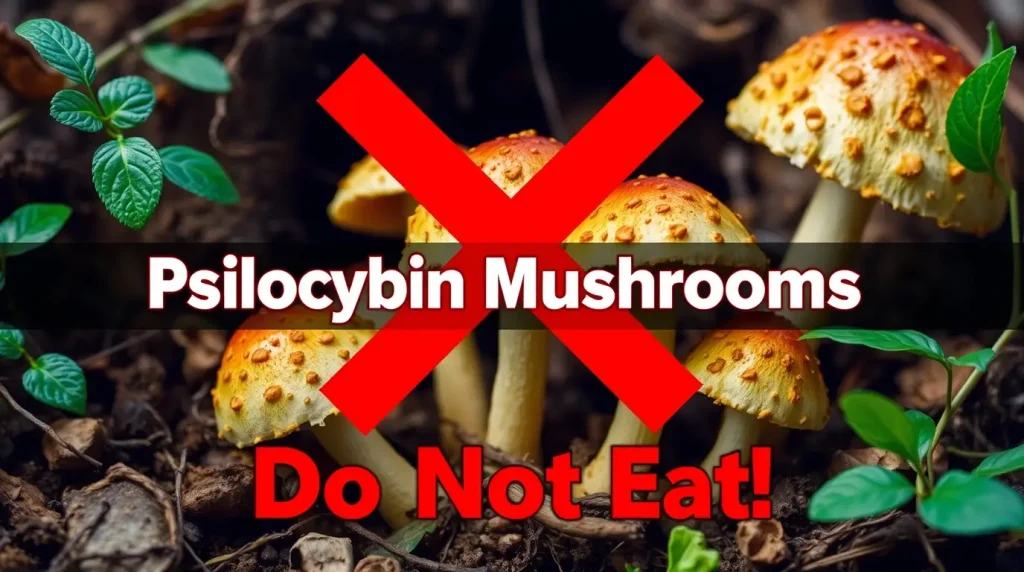
During pregnancy, it’s crucial to be mindful of the types of mushrooms you consume, as some can pose risks to your health and that of your developing baby.
While chestnut mushrooms and other common edible varieties found in supermarkets are generally safe when cooked, certain types of mushrooms should be avoided during pregnancy:
Wild Mushrooms: Many wild mushrooms can be toxic and pose serious health risks. Some may look like edible varieties but contain dangerous toxins. It’s best to avoid foraging for mushrooms unless you’re with an experienced mycologist.
Psychoactive Mushrooms: Also known as magic mushrooms, these contain psilocybin, a substance that causes hallucinations. Consuming psychoactive mushrooms during pregnancy can be dangerous and harmful to fetal development.
Learn: Are Chestnut Mushrooms Psychedelic?
False Morels: These mushrooms can be mistaken for edible morel mushrooms but contain gyromitrin, a toxin that can cause severe illness and even be fatal in high doses.
Amanita Species: Some mushrooms from the Amanita family, such as Amanita phalloides (Death Cap) and Amanita virosa (Destroying Angel), are toxic. They can cause severe poisoning, leading to liver and kidney failure and death.
Little Brown Mushrooms (LBMs): This informal category includes many species of small, brown-colored mushrooms, many of which can be difficult to identify and may contain harmful toxins.
The best practice is to stick to purchasing mushrooms from reputable grocery stores or markets. These mushrooms have been cultivated for consumption and are safe when cooked.
Avoid eating raw mushrooms during pregnancy. Cooking kills any potential bacteria and makes it easier for your body to digest and absorb the nutrients.
Concerns of Pregnant Women Regarding Chestnut Mushrooms
Can I eat raw chestnut mushrooms during pregnancy?
No, you can not eat raw chestnut mushrooms during pregnancy.
Reason: Eating raw chestnut mushrooms during pregnancy is not recommended due to the risk of bacterial contamination. Cooking mushrooms eliminates harmful bacteria and enhances nutrient absorption.
How many chestnut mushrooms can I consume during pregnancy?
Moderation is key. While chestnut mushrooms are healthy, overeating anything during pregnancy isn’t recommended. Incorporate them into your diet without overdoing it. Generally, 3-4 mushrooms per day are enough.
Are there any alternatives to chestnut mushrooms during pregnancy?
Yes, alternative mushroom options are also available. These include shiitake, button, and portobello mushrooms. They are all safe and rich in copper, vitamin D, and selenium, contributing to a strong immune system.
Are chestnut mushrooms good for diabetic pregnant women?
Yes, chestnut mushrooms are low in carbohydrates and high in fiber, making them suitable for women managing gestational diabetes. But, consult with your healthcare provider for personalized advice.
Which is better, raw or cooked chestnut mushrooms, for pregnant women?
Cooked chestnut mushrooms are a better choice for pregnant women. They are safe from bacteria and maximize nutrient absorption.
Conclusion
Chestnut mushrooms are a healthy part of a balanced diet for pregnant women. They are packed with essential nutrients like protein, folate, vitamins, and minerals, which support a healthy pregnancy and fetal development. They can help prevent neural tube defects, support fetal growth, and maintain health.
To enjoy chestnut mushrooms during pregnancy, ensure they are cooked and avoid consuming them raw. Practice proper food safety measures and consult your healthcare provider for personalized dietary recommendations during pregnancy.

Hi, I am Nazish Arif. I am a Food Scientist. On this Blog, I do share insights about Chestnut Mushrooms, Mushrooms Recipes, along with information of other mushrooms as well.
